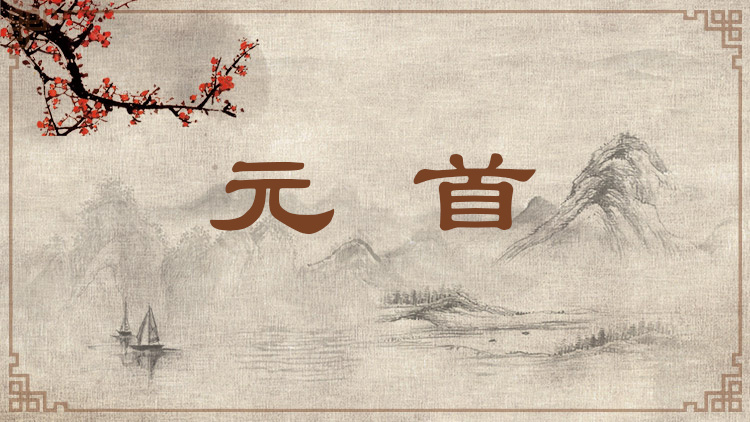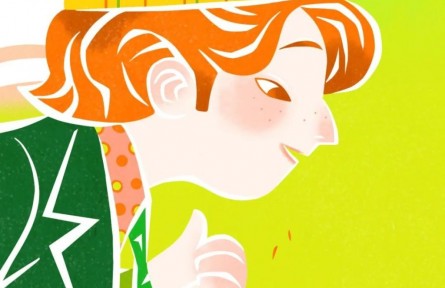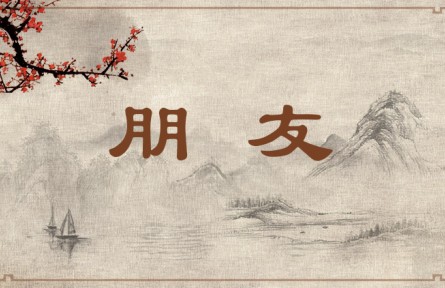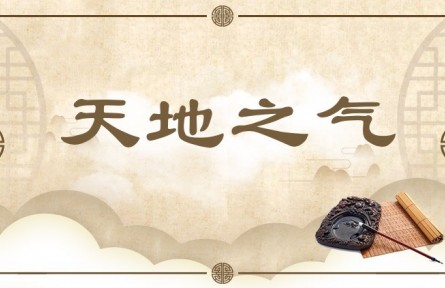元首 Head of State

本义为人的头,比喻天子、君主。在古人看来,国家的权力结构好比人体,而君主则好比头脑,臣子好比肢体。君最尊贵,也很重要,甚至对国家的命运有决定性影响;但君臣又是一体的,他们相互依存,彼此配合,同理国事,荣辱与共。这种认识隐含国家有机整体论的萌芽。近代以降,该词仍指国家最高领导人,但其概念的外延扩大了,既包括世袭制的皇帝、国王等,也包括选举制的国家主席、总统等。
The term originally meant the head of a person. Metaphorically, it refers to the Son of Heaven, or the ruler. The ancient Chinese likened the power structure of a country to the body of a person, with the ruler functioning as its head, the officials as its body. The ruler was highly esteemed and the most important person, often exerting a crucial influence on the fate of a country. Yet, the ruler and his officials were parts of the same body. They depended on each other, worked collaboratively, handled state affairs together, and shared a common stake. Such an understanding was a nascent view that considered a country as an integral whole. Since modern times began, this term has come to mean the leader of a country, whether an emperor or a king who has inherited the throne, or the elected president of a country.
引例 Citations:
◎君为元首,臣为股肱,同体相须,共成美恶者也。(《后汉书·陈蕃传》)
君王好比是人的脑袋,臣子好比是人的大腿和胳膊。他们是一个相互依存的整体,共同影响国家治理的好坏。
The ruler is like the head of a person, and officials are like his arms and legs. They are mutually dependent parts of an organic whole, collectively responsible for the success or failure of a country's governance. (The History of the Later Han Dynasty)
◎夫帝王者,万国之元首,天下之所系命也。(《三国志·吴书·薛综传》)
帝王是天下万国的元首,关系全天下人的命运。
The emperor is the head of all the states under heaven, who determines the fate of all under heaven. (The History of the Three Kingdoms)
◎天子尊崇,故称元首;臣邻辅翼,故曰股肱。(程登吉《幼学琼林·朝廷》)
天子地位尊贵,所以称“元首”;臣子居辅助地位,所以称“股肱”。
The Son of Heaven reigns supreme, so he is called the head of state. His officials are likened the arms and legs because they assist him in exercising governance. (Cheng Dengji: Scholarly Learning for Children)
推荐:教育部 国家语委
供稿:北京外国语大学 外语教学与研究出版社
责任编辑:钱耐安





